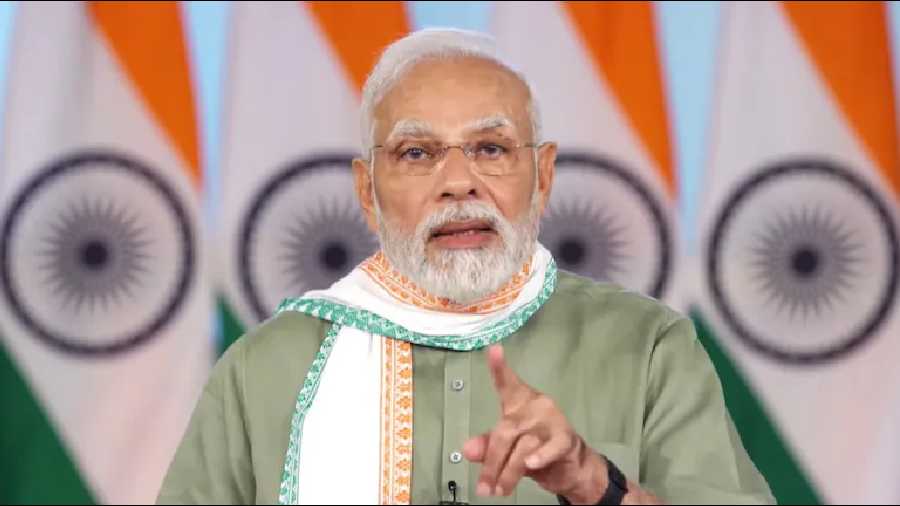The Union cabinet on Wednesday approved the Prime Minister’s Development Initiative for North East Region (PM-DevINE) for the remaining four years (2022-25) of the 15th Finance Commission.
The PM-DevINE, a 100 per cent central government funded scheme, to be implemented by the development of Northeastern Region (DoNER) ministry, was announced in this year’s budget to address development gaps in the Northeast.
The scheme will have an outlay of Rs 6,600 crore for the four-year period. Efforts will be made to complete the PM-DevINE projects by 2025-26 so that there are no committed liabilities beyond this year, an official release said.
The scheme is not a substitute for existing central and state schemes with its objectives being to fund infrastructure convergence, support need-based social development projects, enable livelihood activities for youth and women and fill the development gaps in various sectors.
The average size of projects under other MDoNER schemes is about Rs 12 crore only but PM-DevINE will provide support to infrastructure and social development projects, which may be larger in size. It will also provide an end-to-end development solution instead of isolated projects.
“It will be ensured that there is no duplication of project support under PM-DevINE with any of the other schemes of MDoNER or those of any other ministry/department,” the official statement said.
The scheme will be implemented by ministry of DoNER through North Eastern Council or central ministries/agencies.
Measures would be taken to ensure adequate operation and maintenance of the projects sanctioned under PM-DevINE so that they are sustainable
The justification for announcement of PM-DevINE is that the parameters of NE States in respect of Basic Minimum Services (BMS) are well below the national average and there are critical development gaps.










